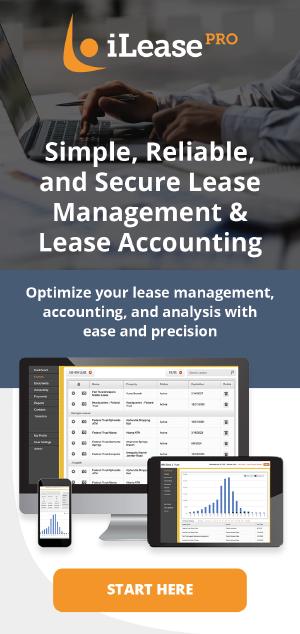Overcoming Challenges of AI Implementation in Lease Accounting

While AI offers numerous benefits for lease accounting, there are also potential risks and challenges that
organizations should consider when implementing AI-driven solutions. Some of the risks associated with using AI in
lease accounting include:
- Data privacy and security: AI systems require large amounts of data to function effectively. Ensuring the privacy and security of sensitive financial data is crucial, as leaks or breaches can have significant legal and financial consequences.
- Algorithmic bias: AI models are trained using historical data, which may contain biases that can be unintentionally perpetuated in the AI system. This can lead to biased decision-making or skewed analysis, which can impact the accuracy of lease accounting.
- Overreliance on automation: While AI can streamline lease accounting processes, overreliance on automation can lead to a lack of human oversight, potentially resulting in errors going undetected or unaddressed.
- Integration challenges: Integrating AI-driven lease accounting solutions with existing systems and processes can be complex and time-consuming, potentially leading to disruptions or inefficiencies during the transition period.
- Ethical considerations: The use of AI in lease accounting raises ethical questions, such as the potential loss of jobs due to automation, and the responsibility of AI-driven decisions in case of errors or negative consequences.
- Legal and regulatory compliance: Ensuring that AI-driven lease accounting solutions comply with relevant accounting standards and regulations is critical. Non-compliance can result in financial penalties and damage to an organization's reputation.
- Ongoing maintenance and updates: AI systems need regular maintenance and updates to ensure they continue to function effectively and adapt to changes in lease accounting practices and regulations. This requires ongoing investment in resources and expertise.
- Difficulty in interpreting AI-generated insights: While AI can generate valuable insights, interpreting and applying these insights can be challenging for lease accounting professionals who may not have extensive experience with AI-driven tools.
- High initial investment: Implementing AI-driven lease accounting solutions may require significant upfront investment in hardware, software, and expertise, which can be a barrier for some organizations.
To mitigate these risks, organizations should approach AI implementation in lease accounting thoughtfully, considering the potential challenges and taking steps to address them. This can include investing in training and development, ensuring data privacy and security, addressing ethical considerations, and maintaining close human oversight of AI-driven processes.



